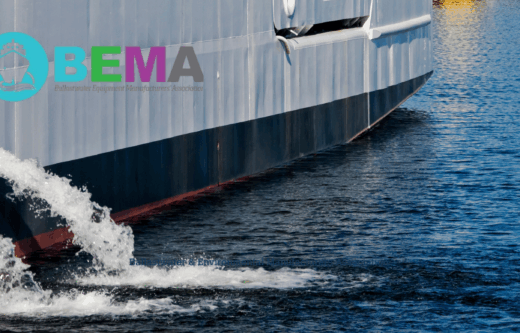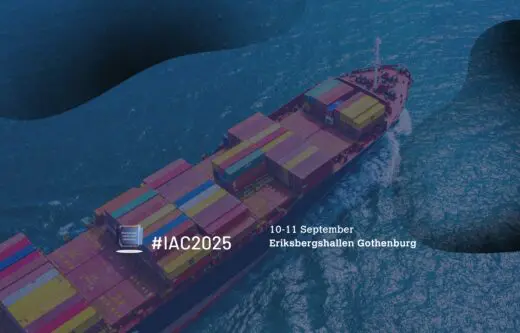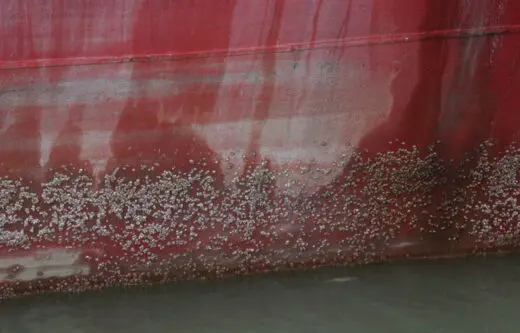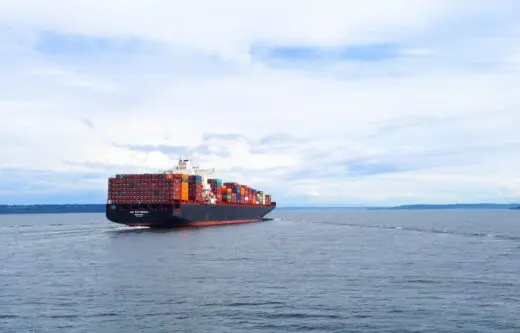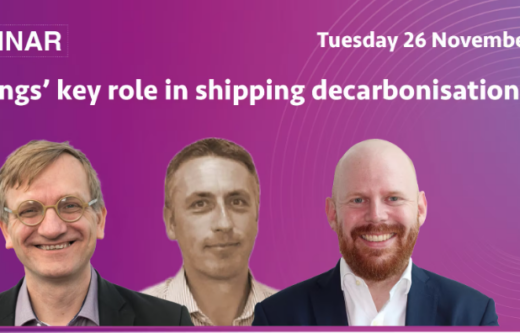Protect Selektope: A Critical Step
Medetomidine, the active ingredient of Selektope, is currently being evaluated for renewal. Evaluation of endocrine disrupting properties has been included in the review for all biocides in EU since the last approval of Selektope and ECHA now have the opinion that Selektope has endocrine disrupting properties. This could threaten Selektopes approval in the EU market.
What are the concerns?
I-Tech does not agree to the view that Selektope has endocrine disruptive properties. The active substance in Selektope, medetomidine, is used as a pharmaceutical and was developed to be a sedative substance, causing tiredness and eventually sleep. The proposed classification of Selektope it is solely based on temporary properties of medetomidine at high concentrations and has nothing to do with the use of Selektope in antifouling products.
Ways forward
Biocides with these properties may still be authorised by the EU commission if they are essential or if the benefits of their use outweigh any risks.
Read the summary on why Medetomidine (Selektope) meets the derogation criteria for approved use in antifouling coatings:
Watch the video explaining why Selektope is safe to use.
Selektope
A Unique and Safe Solution
Selektope is a unique antifouling biocide.
It is the first and only antifouling substance derived from medicine, where it has a sedative effect on humans.
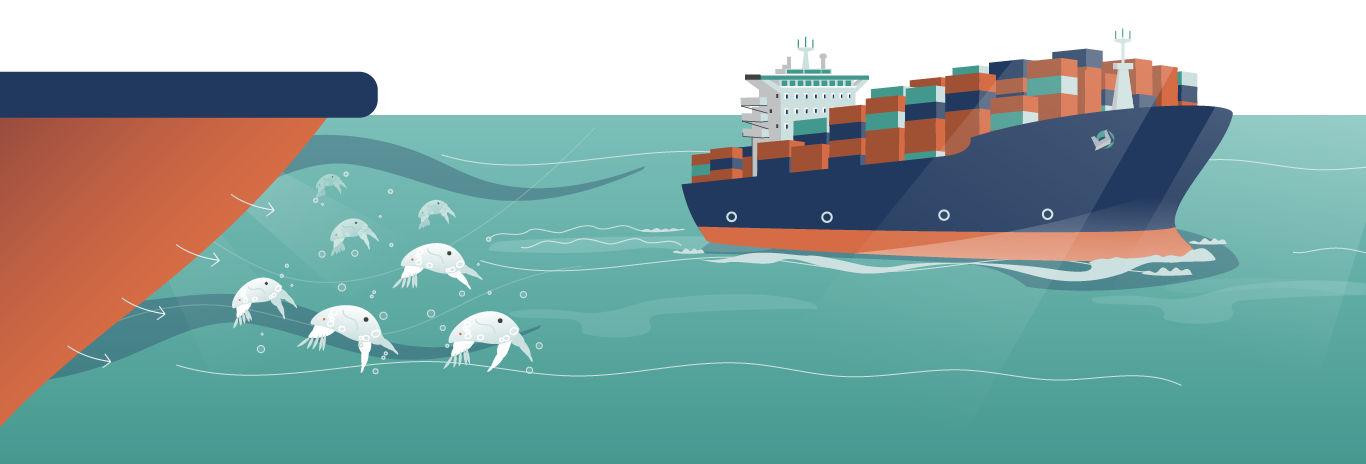
Engineered for Excellence, Backed by Science
Biofouling is a major challenge for the shipping industry, causing increased fuel consumption, environmental damage, and economic losses. Selektope is a highly effective antifouling solution that addresses these issues. By reducing fuel consumption and preventing the spread of invasive species, Selektope contributes to a cleaner, healthier marine environment.
By supporting the continued use of Selektope, you are helping to:
"Science-based regulation is essential for protecting both human health and the environment. Let's work together to preserve our valuable marine resources.”

CECILIA OHLAUSON
Director Regulatory Affairs & Sustainability, I-Tech
“Anti-fouling paints are used to coat the bottoms of ships to prevent sealife such as algae and molluscs attaching themselves to the hull – thereby slowing down the ship and increasing fuel consumption."
Source: International Maritime Organization
"The introduction and establishment of Invasive Aquatic Species (IAS) is considered to be one of the greatest threats to the world’s freshwater, coastal and marine ecosystems."
Source: GloFouling Partnerships
Latest News & Blog
For paint manufacturers
Push the boundaries of coating innovation.
For ship owners & shipyards
Unlock the benefits.
